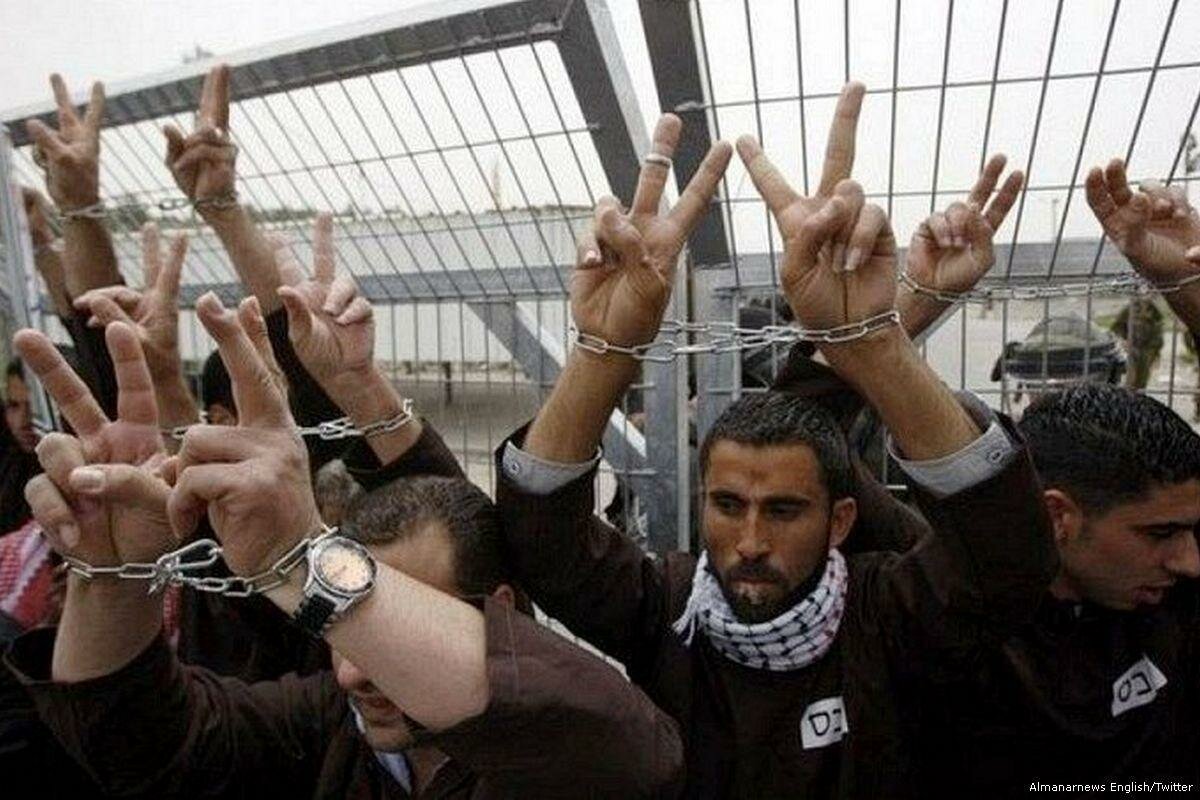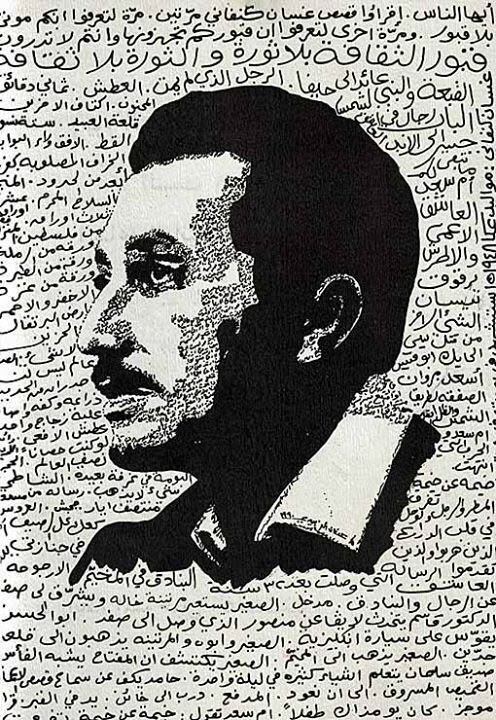Racism in Lebanon is by no means a passing or benign phenomenon, but it is rather entrenched within the different dimensions of Lebanese society. Our culture treats racism lightly, refusing to raise awareness over the structural damage it incurs, and casually employing it in conversations, language, and politics. Recently, famous Al-Jadeed anchor Dalia Ahmad was attacked online by politically affiliated pundits who used racist and misogynistic language against her when she criticized their political parties. While this may not sound like the most surprising reaction to a prominent Black woman, it displays deeper problems within our society.
Most of us are familiar with Dalia Ahmad. She has been with Al-Jadeed for as long as many of us can remember. Throughout her career, she was the primary news anchor for the channel as Lebanon witnessed extreme turbulence politically and otherwise. Over the course of her career, she has exemplified some of the finest values that media presenters should stand for: integrity and honesty. Recently, she has started presenting a political satire show called “Fashet Khele2” which represented a pioneering form of political satire and gave her a platform to satirize our immoral political apparatus. It was a recent episode of this show that prompted the attacks on her.
The most concerning highlight of this prejudiced attack against Dalia Ahmad, is the willingness of people to employ someone’s skin color and gender as a marker of their inferiority after finding nothing that undermines their credibility. When she referred to Lebanon’s politicians as “crocodiles,” the leader of Hezbollah immediately issued a racist response to her accusation. This implies an extricable link between Lebanese politics and misogynistic/racist vocabulary.
Lebanon is no stranger to racism: ever since the arrival of Palestinians in 1948, and Syrians in 2011, they have been demonized by political parties with fascist and reactionary agendas, with the media only being a willing accomplice to this shameful line of action. Naturally, such behavior intensified in the throes of a socio-economic calamity. Ever since the crisis began, there has been a huge spike in exhibitions of crime, racism, misogyny, homophobia, and many other signs of societal decay. Instead of facing those who have wrought poverty and death on their country, a significant portion of the Lebanese people have given up on change.
How did racism manage to entrench itself so firmly in the hearts and minds of the Lebanese people, who have historically been thought of as tolerant and hospitable? The Civil War, which started in 1975, was partly caused by the narrow mindedness which characterized some right-wing Lebanese political parties regarding the presence of Palestinian refugees in the country. In addition to fragmenting the country, the war resulted in several massacres against innocent people by virtue of their nationality, and to this day they are still denied basic human rights and are forbidden from working certain jobs.
Recently, this also extended to the arrival of Syrian refugees. Ever since the first refugee concentrations began forming, Lebanese political parties have either begun a new wave of racist and xenophobic rhetoric against them, especially the Free Patriotic Movement and the Kataeb, and this led to the imposition of certain restrictions on their freedom in some areas. For example, the town of Ferzol in Bekaa, introduced a curfew for Syrians living within town limits. In addition, there has been a series of attacks and forced expulsions of Syrians in Bcharre and El Minieh, in which refugee housing was burned and the refugees forced to leave the town in fear from the locals.
Perhaps the ugliest manifestation of institutional racism in Lebanon is the Kafala System. In what can only be described as modern day slavery, migrant workers are forced into the “guardianship” (a more polite equivalent for ownership) of the business owner or household owner. This means that a worker is completely at the mercy of the “guardian,” who has full legal immunity to abuse or overwork them under whatever conditions they see fit. Many female migrants are physically assaulted, they are in many cases kept as prisoners by their employers. There has been a recent upsurge in abuses and violations of migrant women’s rights due to the already lax legislative position about gender-based violence, and the harsh conditions & confinement brought on by the pandemic and the crisis Lebanon is facing.
Racism in Lebanon has become a serious pandemic and an unfortunate symptom that many Lebanese people suffer from. They quickly resort to hating people who are “not Lebanese” either as a result of ingrained culture and beliefs due to their environment, frustration or envy, or sometimes both of the aforementioned reasons combined. Lebanon will never advance or develop if it does not enact a comprehensive solution to the pandemic of racism. People like Dalia Ahmad, and many other migrants who contribute to the cohesion and functioning of our society deserve to be treated equally, with full human rights regardless of where they came from. Perhaps a good first step in that direction would be the dismantling of the Kafala System as a tool of systematic oppression against non-Lebanese workers, and then be followed by a far-reaching awareness campaign against the numerous stereotypes and racist terms which permeate our culture.





